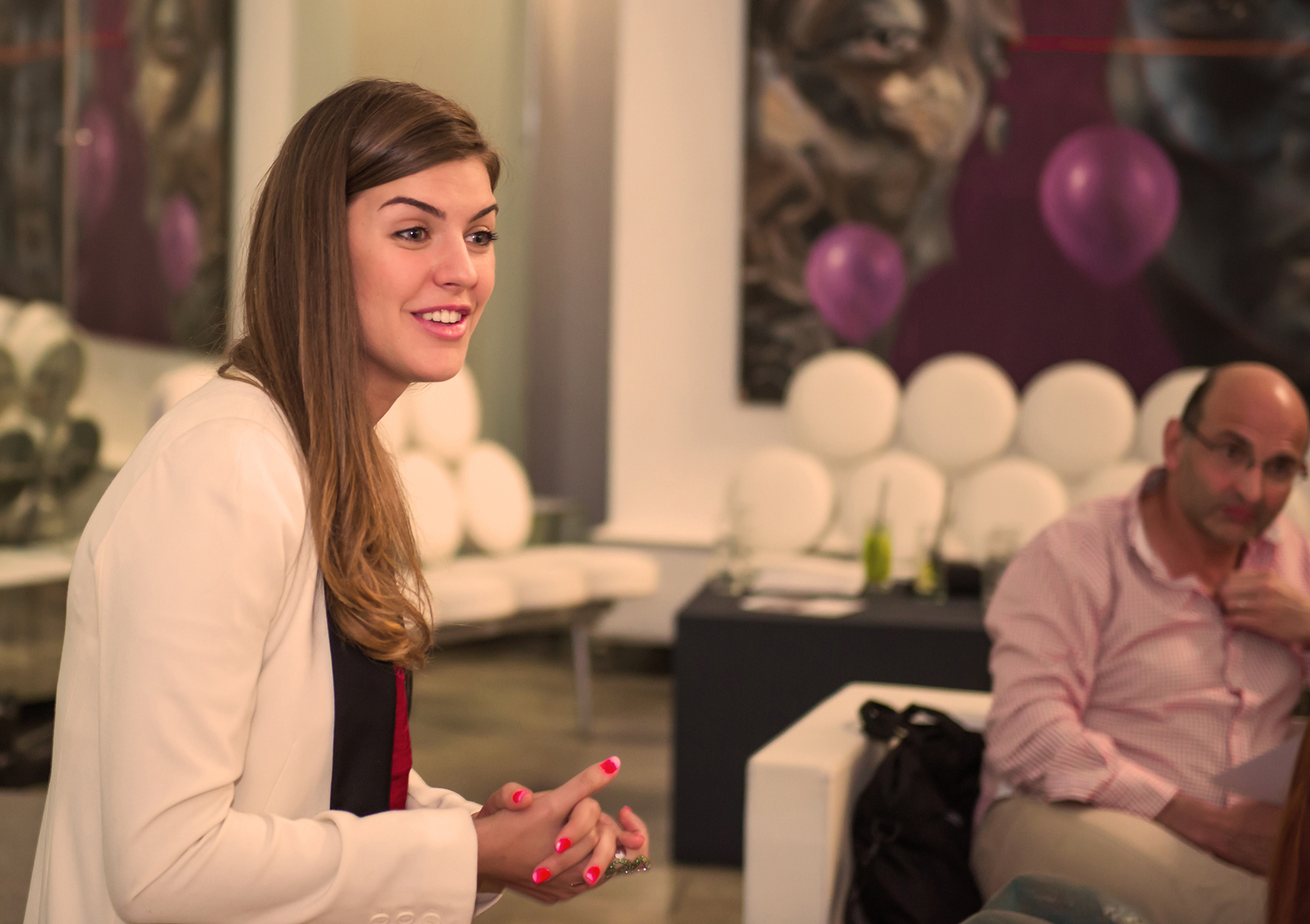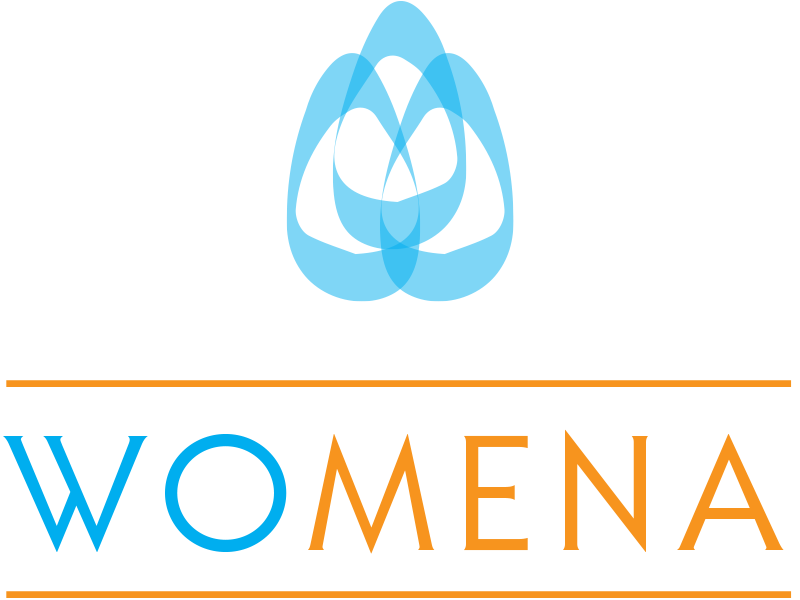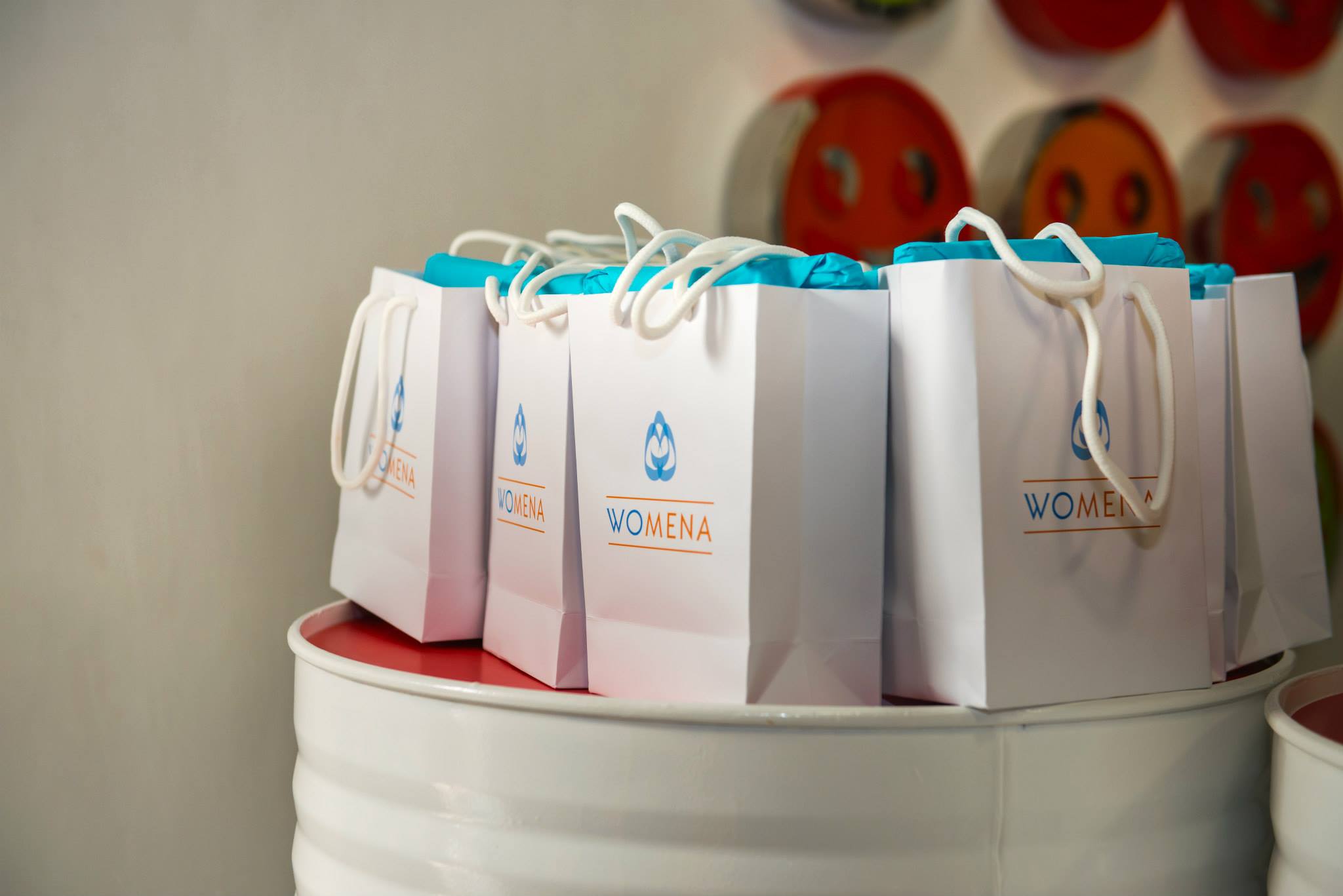Geri Stengel with Forbes examines trends in women business owners, what small business owners face during the coronavirus pandemic, resources helping women business owners navigate the outbreak, the importance of equal economic participation, and the economic and societal benefit of diversity in entrepreneurship.
“In this time of great need, it behooves the entire women's entrepreneurial ecosystem — policymakers, funders, supporting organizations, educators, researchers, the media, and the women themselves — to take swift bold action to expand or create policies that will address women's specific needs,” Stengel says.
Read below and click through to read the entire article.
By Geri Stengel, Forbes
Between 2007 to 2012 — the period before and after the Great Recession — the number of women-owned businesses jumped 27% while privately held businesses grew only 3.3%, according to the Survey of Business Owners by the Census. Average revenues for women's businesses decreased from $154,300 in 2007 to $143,700 in 2012 and privately held businesses revenue grew from $417,400 to $440,200 during the same period. One reason for the decline in revenue among women's businesses was a surge in startups, which had not yet achieved their full revenue potential. Another reason is that many of these businesses were necessity businesses: The entrepreneur's only viable employment option was to start a business. These entrepreneurs also tend to be sidepreneurs, working only part-time.
Like the canaries in the coal mine, women's businesses were already experiencing a downturn. Their numbers increased by 5.4% between 2018 and 2019, privately held companies only increased by 2.4%, according to the American Express 2019 State of Women-Owned Businesses.* However, after a slow but steady rise, women-owned businesses' average revenues declined from $143,100 in 2018 to $142,900 in 2019, while all privately held businesses rose from $468,000 to $474,900.
On the flip side: Women are also going for the brass ring. Between 2007 and 2012, million-dollar-plus women-owned businesses increased by 21% compared to 3.3% for all privately held businesses and between 2018 and 2019, it was 4.2% compared to 2.4%, respectively. These are the women I write about in this column.
Want to receive early-bird invitations to our global events, custom-tailored content we think you'll love, and exclusive access to "The World Women Report"?


















